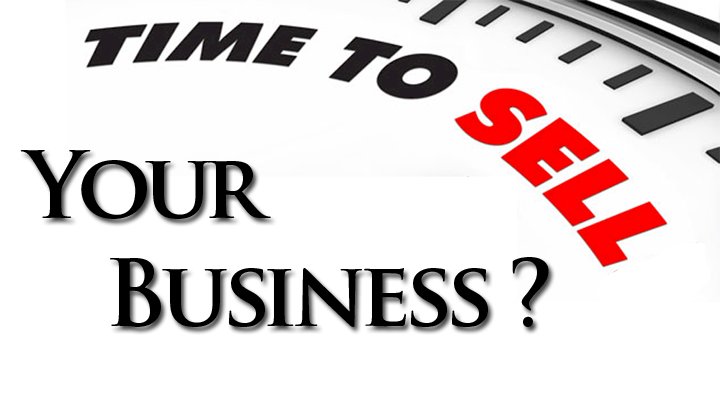9 Key Strides to Sell Your Business
There are various explanations behind selling your business that might be more diligently to pass on in a positive way. Is the business doing so well that you as an organisation proprietor feel continually exhausted? Are you worn out because of your business? In the event that those realities are introduced in the legitimate setting, a purchaser may turn out to be significantly more anxious to purchase! Here are 9 key strides to sell your business.

You have clear-cut strides to take in case you're prepared to sell your business. Regardless of whether you're simply considering selling your business, you should begin making those strides now. That is on the grounds that you'll require concrete point-by-point records to demonstrate the worth of the value you put on your business. You will likewise have choices to make about how to sell your business. Utilise a business intermediary? Sell all alone? Pick a legal advisor? You can begin your examination concerning those choices now. Regardless of whether your arrangement to sell is a little while away. Your purposes behind selling your business are essential to you. The reasons may likewise be critical to your potential entrepreneur. The reasons should bode well, and not debilitate, planned purchasers.
Shouldn't something be said about the circumstance of business deals? When is the best ideal opportunity to sell? During long stretches of productivity and execution – Why sell when your organisation is bringing in cash? The short answer is that the organisation is substantially more alluring contrasted with an organisation that is losing cash. Did you get a truly decent agreement? An agreement that would pass on to a purchaser? Might make it an ideal chance to sell.
Selling a Private company - The size of your organisation is a factor in selling. That is on the grounds that a purchaser is ordinarily looking for a specific size business to buy. However, other than that, here's a situation where size doesn't make any difference when you're selling a private company. The means are something very similar or comparative.
9 Key Strides to Sell Your Business
Selling your business is a mind-boggling measure, whatever the business size, and there are loads of steps to take before a business can be sold. Here are 11 of the main strides in that cycle to kick you off.
1. Sort Bookkeeping Records
Your bookkeeping records should reflect bookkeeping norms. That way, your benefits can be handily contrasted with comparable organisations. That is on the grounds that a similar cycle has been utilised to keep up and accumulate the bookkeeping records. No matter how long your bookkeeping records have kept guidelines, your monetary information can measure up to industry benchmarks.
2. Value your Net Business Worth
At the point when you sell a house, you utilise a land examination to demonstrate the value you set. Similarly, to sell your business, you need a particular business valuation master. That is on the grounds that there can be numerous variables that influence the cost. Here are instances of data the business valuation master may use to help you set a cost:
- Your business charge records for the past four years.
- The worth of your stock.
- The worth of any business gear.
- Confirmation of your client base.
- Confirmation of any drawn-out agreements to buy your products or potentially benefits.


 Local BangaloreTeam
Local BangaloreTeam 










